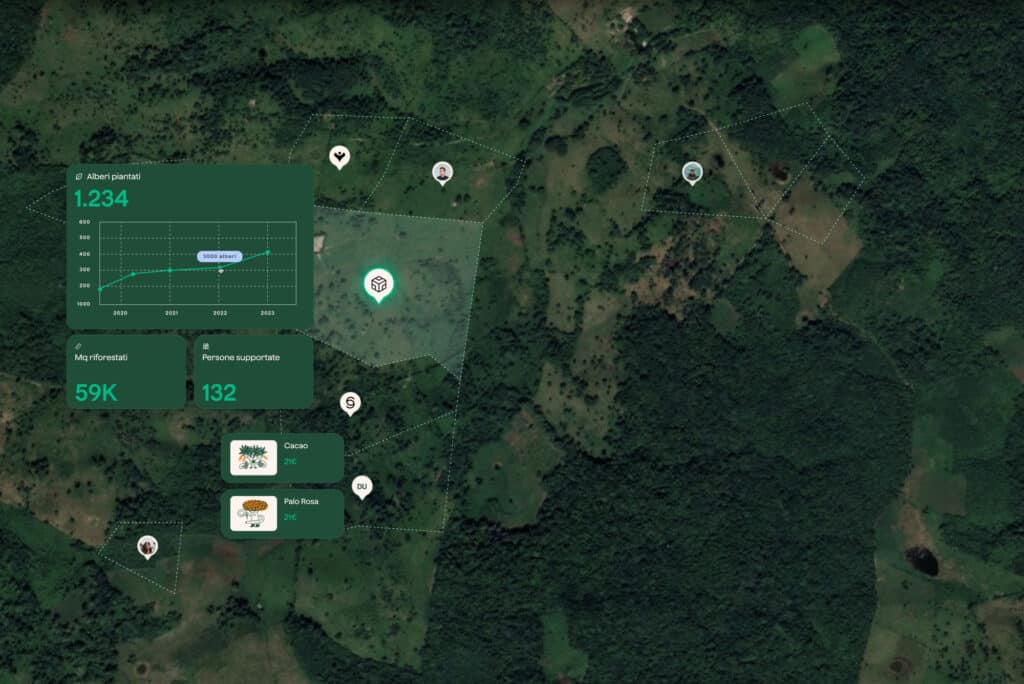Environmental impact refers to the consequences and effects of human activities on nature, including biodiversity, health, ecosystems and the delicate balance of the planet.
Simplicity and complexity of environmental impact
- It is unequivocal that human activities leave an imprint on the environment, but identifying the actual environmental impact of a human action can be complex, as it often involves intricate relationships between different factors;
- Some environmental impacts may be evident and immediate, others may manifest themselves over the long term, threatening the stability of ecosystems and the availability of natural resources;
- Industry, agriculture, deforestation and urbanisation have clear and significant environmental impacts. Understanding them, measuring them and recognising the associated liability is essential to adopting or requiring management and mitigation strategies.
Read more
In short, claiming that human activities do not have an impact on the environment has become virtually impossible. Recognising the responsibility for this impact, the short- and long-term consequences, and taking action to reduce it, on the other hand, is still extremely complex. Several international organisations and institutions, including the United Nations Environment Programme (UNEP), monitor environmental impacts to drive targeted policies and actions. Analysis of environmental impacts can range from local consequences, such as air and water pollution, to long-term impacts on climate and biodiversity. Greenhouse gas emissions from transport, for example, produce both a deterioration in air quality and a complex set of knock-on effects on the earth’s climate and biodiversity that are not immediately visible. A significant volume of these emissions, for example, are absorbed by the oceans, causing them to acidify and impacting marine ecosystems in an incontrovertible way.
Companies, for their part, can use tools and methods such as the LCA calculation to quantify the environmental impact of their activities. By doing so, they can act on the most critical phases of the life cycle of their products, services and events and reduce their environmental impact.











